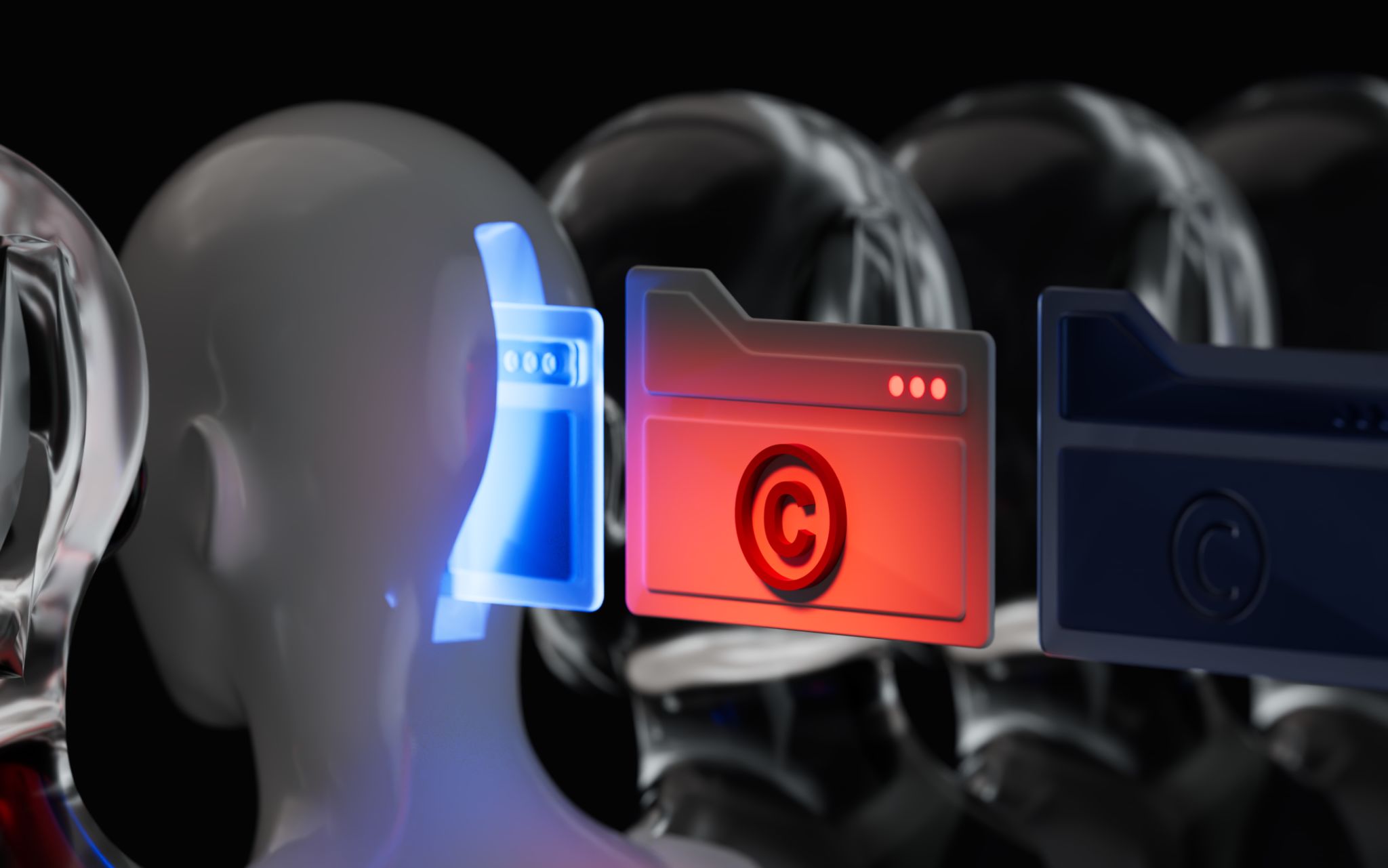Myths and Facts About IP Protection for Tech Startups
Understanding Intellectual Property (IP) Protection
For tech startups, safeguarding intellectual property (IP) is a critical step in ensuring long-term success and competitiveness. However, navigating the world of IP protection can be confusing, with numerous myths and misconceptions floating around. It’s essential for tech entrepreneurs to distinguish between what’s fact and what’s fiction to effectively protect their innovations.

Myth: IP Protection Is Too Expensive for Startups
One of the most common myths is that IP protection is prohibitively expensive for startups. While it's true that securing patents and trademarks can involve costs, there are cost-effective strategies available. Startups can prioritize which assets to protect based on their business strategy and seek assistance from legal clinics or pro bono programs designed to help fledgling businesses.
Fact: Early Protection Can Save Money
Investing in IP protection early can actually save money in the long run. By securing patents or trademarks at an early stage, startups can prevent potential legal battles over infringement, which are often far more costly than initial registration fees. Moreover, having a strong IP portfolio can attract investors who see it as a sign of a secure investment.

Myth: Only Patents Matter
Another misconception is that patents are the only form of IP protection that matters for tech startups. While patents are crucial for inventions, other forms of IP protection like trademarks, copyrights, and trade secrets can be equally important. Trademarks ensure brand identity, copyrights protect software code and content, and trade secrets safeguard proprietary processes.
Fact: Comprehensive IP Strategy Is Key
A well-rounded IP strategy should encompass all types of protection relevant to the startup's business model. By leveraging a combination of these protections, startups can build a robust defense against potential infringers and create multiple revenue streams through licensing agreements.

Myth: Public Disclosure Doesn’t Affect IP Rights
Some entrepreneurs mistakenly believe that discussing their ideas publicly won’t impact their ability to secure IP rights. In reality, public disclosure can jeopardize the ability to obtain a patent in many jurisdictions. It’s crucial to understand the implications of such disclosures and file for patent protection before any public announcement.
Fact: Confidentiality Agreements Are Essential
Using non-disclosure agreements (NDAs) with employees, partners, and investors can help protect sensitive information. NDAs ensure that proprietary information shared during discussions remains confidential and does not compromise future IP filings.
Conclusion
For tech startups, understanding the myths and facts about IP protection is vital for safeguarding innovations and ensuring business longevity. By dispelling common misconceptions and adopting a comprehensive IP strategy, startups can navigate the complexities of intellectual property law and lay a solid foundation for growth and success.
